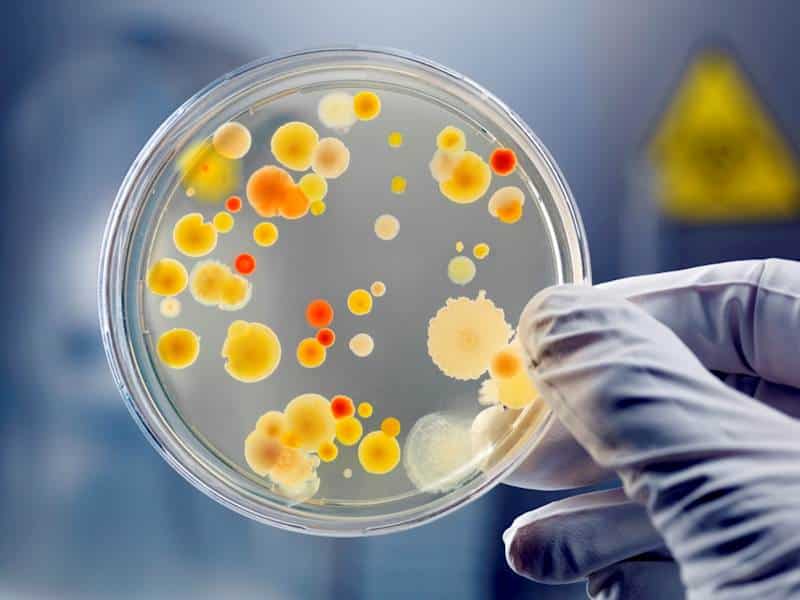Fights Infections

Infections generally occur when microorganisms enter the body to reproduce, sustain, and colonize. These microscopic and infectious organisms or pathogens can multiply rapidly. Some examples of these pathogens include fungi, bacteria, and viruses. In addition, there are various ways that infection can be transmitted or spread, such as skin contact and inhalation of airborne particles.
Often, the quickness with which an infection can spread and the severity of its impact depends on the pathogen. In most cases, the immune system is more than enough to protect the body from infectious agents. However, there are cases where the pathogens may overwhelm it. For example, when you experience swelling or a runny nose, the immune system attempts to eliminate the invading organisms.
The symptoms of infections will vary based on the affected areas and the organism responsible for them. The symptoms can range from muscle aches to viral and bacterial infections like the flu. On the other hand, fungal infections can result in skin rashes and conditions. Thus, treatment will also depend on the infection that occurs. Alternative types of therapies, such as the use of probiotics, may also have a positive impact against infections due to its immune system-boosting properties.










